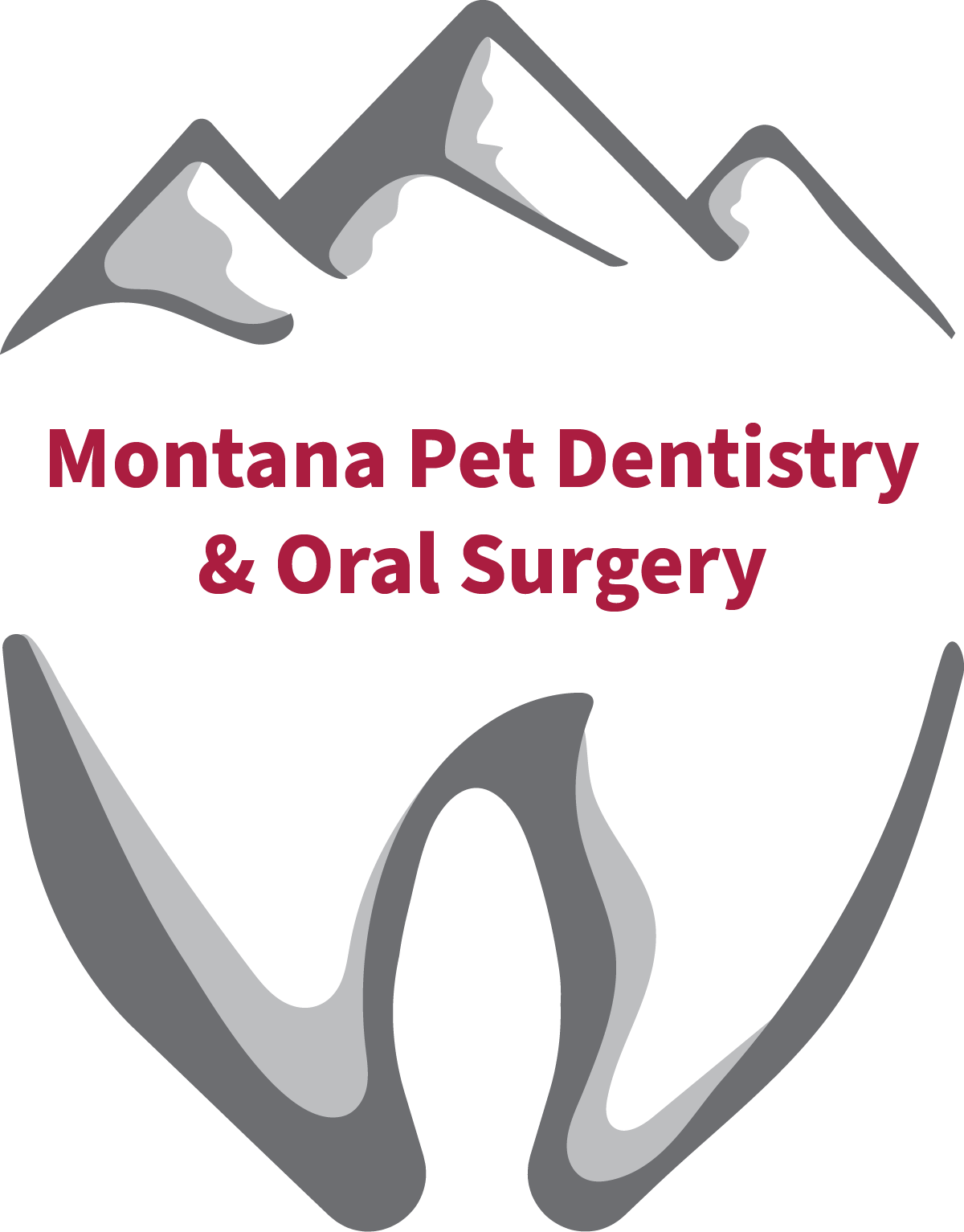Did you know that dog tooth extractions are one of the most common veterinary surgical procedures? As vet dentists, we do everything we can to save dog teeth. But the removal of a tooth may be necessary if your dog suffers from periodontal disease or has experienced oral trauma.
Periodontal (gum) disease is a very common gum infection that occurs in both humans and pets. Although it only gets worse with age, periodontal disease is not limited to senior dogs. This dangerous dental health issue can affect dogs of all ages.
There are also many other reasons why your dog may need a tooth extracted during their lifetime, aside from gum disease. Understanding why your dog needs a tooth extraction can help you feel more comfortable with your pet’s procedure. It’s also important to know what to expect afterward so you can properly prepare. Read on to learn more about what to expect after your dog’s tooth extraction.
Why Do Dogs Need Tooth Extractions?
Periodontal Disease
The number one reason why dogs need a tooth extraction is periodontal disease. This condition is caused by a buildup of plaque and calculus (tartar) on the teeth and under the gumline, leading to the destruction of the supporting tissues of the teeth. The bone, periodontal ligament, and attached gum tissues can all be affected. When bacterial infections worsen, they may also extend into deeper tissues, causing painful abscesses and loose teeth.
The longer a diseased tooth remains in the mouth, the worse the infection can get. If the dental problem can’t be treated and the tooth can’t be saved, extraction will improve your dog’s dental and overall health. After the removal of diseased teeth, your dog will be relieved of the infection and any pain it was causing.
Accidents and Other Diseases
Aside from periodontal disease, there are several other reasons why your dog may need to have a tooth removed in their lifetime. Your dog might need to get a tooth pulled if:
- The tooth is broken or chipped
- An oral tumor has compromised the tooth
- The jaw has been fractured
- Certain orthodontic abnormalities have caused painful contact between the teeth and other structures
- There is abnormal tooth or jaw development
Caring For Your Dog After Tooth Extraction
When performed by a well-trained, board-certified veterinary dentist, the tooth extraction process is relatively routine. There is a slight risk for difficulty, as each dog and dog mouth is different. However, the prognosis for most dogs undergoing a tooth extraction procedure is very successful. In most cases, your dog will be able to go home on the same day as the procedure.
Prior to having oral surgery done on your pet, you should ask who is going to do the surgery. Believe it or not, some veterinary hospitals allow their nursing staff to perform oral surgery. While owners are unknowingly charged doctor surgery fees, lay staff with no formal training is doing the surgery. But in quality facilities, doctors perform all the oral surgery.
Monitoring Your Dog’s Behavior
Home care is extremely important after canine tooth extraction. While your dog may return to acting and eating like their normal selves anywhere from 48-72 hours after the procedure, they have not yet fully healed in this time. You should maintain a close watch on your pup for a few weeks until the sutures have dissolved. Make sure your dog gets plenty of rest, and watch for any signs of pain like whining or excessive drooling.
Always Follow Your Vet’s Instructions
Your veterinarian will likely advise you to limit your dog’s activity levels and to feed them softer foods. You can soften dry kibble with water or broth for two weeks following the procedure. Although daily dental care is crucial for dogs, you should avoid brushing your dog’s teeth for a few weeks. However, Chlorhexidine rinses can be used to keep your dog’s teeth healthy until brushing can be resumed.
Finally, be sure to give your dog any prescribed pain medications or antibiotics as instructed by your vet to keep your dog comfortable and help them fight off any potential infections.
Board Certified Veterinary Dentist in Bozeman, MT
If you think your dog needs a tooth extraction, we can help. Dr. Tony Woodward is the only board-certified veterinary dentist in Montana, and he has decades of experience in providing dental care to dogs like yours. Call us today to schedule an appointment.
